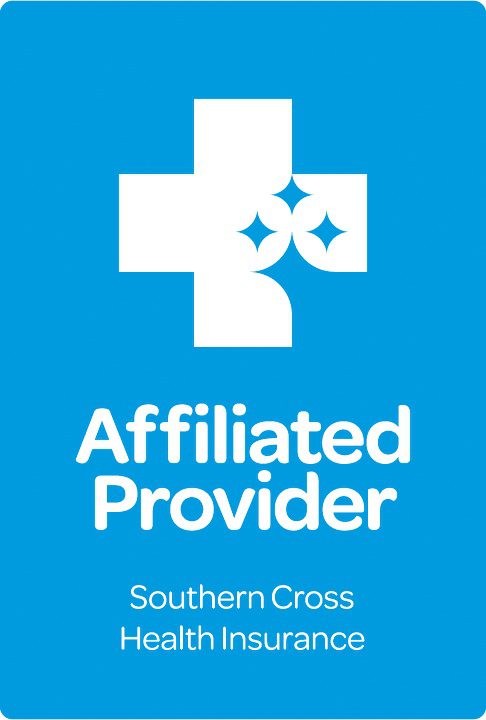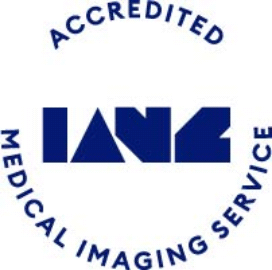Menu
Menu
A Scintigraphy or Radionuclide Scan is commonly called nuclear medicine. It produces pictures of structures inside the body, and helps with diagnosis for a wide range of conditions. Nuclear medicine uses a tracer dye, which is mildly radioactive but is considered very safe. The radioactivity is about the same as an x-ray, and it dissipates within a few days. These scans are considered to be very safe and painless.
When you make your appointment, our booking team will give you a rundown of everything you need to know. For example, you may need to fast beforehand (avoiding any food in the hours prior), or arrive a little early. Unless you’ve been asked not to, you should continue eating and drinking normally and take all your usual medications. If you’re breastfeeding, or if there’s even a chance you may be pregnant, let us know, as we may need to make alternative arrangements.
Please also remember to bring your completed doctors referral form with you, if this has not already been sent to us. This will ensure the branch reception has all the necessary information required so our expert team can provide you with the best care possible.
When you arrive, please check in with reception. We’ll make sure your details are correct and ask you to complete the appropriate forms. Before the scan, you’ll be injected with a small amount of tracer dye. You may be scanned straight away, or will have to wait a few hours to allow the dye to reach the right parts of your body.
You’ll then lie on a comfortable table and your radiographer will position the scanner close to your body. Once you’re all set, the radiographer will move into another room – you can talk to them at any time over the intercom. You’ll have to stay very still during your scan and may be asked to hold your breath. There are four types of scans:
where the camera is held still over one part of your body
where the camera scans the entire body from head to toe
where the camera rotates around you
where you get a SPECT scan and then a CT scan straight afterward
You’ll be able to get on with your day right away, although you will need to avoid contact with anyone who is pregnant for four hours afterwards. Your report will usually be available for your referrer within two working days.
Scintigraphy is very safe, but isn’t appropriate for people who are pregnant.
ARG scintigraphy scans are performed by NZMI (New Zealand Medical Imaging – 90 Mountain Rd, Epsom) and the images are sent to ARG to be reported on by one of our radiologists.
To make a booking you can
Call: 09 529 4850
Email: [email protected]



© Copyright Auckland Radiology Services Group Ltd. All rights reserved.